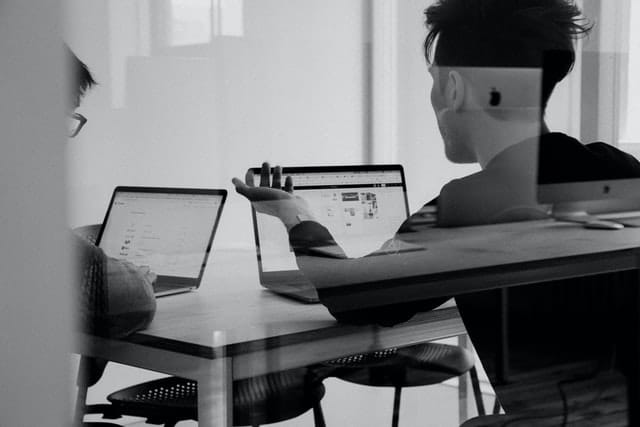For much of modern history, there has been very little distinction between productivity and busyness. We value full schedules, taking them on as a matter of pride, with little thought to whether they are truly valuable.
The heart of the issue is our obsession with results. If we are busy, we are working. We are doing something. And that, in and of itself, feels productive. It feels meaningful. We may be tired or overwhelmed. We may be downright burnt out. But we tend to view even this as a badge of honor, the result of so much producing.
Recent studies, including innovative practices around the world – particularly in nordic countries, suggest that the correlation between being busy and being productive is not as direct as we think.
Time Off
It seems counter-intuitive that less time working can actually be more productive.
The reason is because we have not only a poor conception of what it means to work, but also what it means to rest.We view rest as a separation from work. Time off or time away has a connotation of separateness we often take too far.
The reality is that rest is a part of productivity. When training for a marathon, athletes work in off-days. Not just so they can eat Cheetos and get away from it all. It is part of the regiment. Physically, our bodies need time to recuperate. Otherwise, we are overworked and exhausted. In the long run, those off-days make an athlete more capable of running a marathon than if they were to “work” at it every day.
The same is true for all of us. We need to take breaks. We need vacations and weekends. We need time to take a walk in the sunshine, “stretch our legs”, or talk with coworkers.

These are valuable not just as ways to escape work, but as part of the healthy rhythm of work. Maximizing this healthy rhythm is the key to productivity.
Those times in the sunshine clear our heads. They do not empty them. They clear them. The difference is subtle, but important. Clearing our head is about unjumbling the tasks and ideas, creating a space to orient us back toward productivity. Emptying our heads is what we might do when we play video games. It is re-focusing attention on something unproductive.
Effectiveness
One of the hardest lessons for me to learn in my professional life was that it was okay to “take a break”. My first week in a real, adult-job office, I was appalled at how often coworkers just popped into each other’s office and chatted. Ten, sometimes twenty minutes at a time! What a waste.
It is not just mindless nose to the grindstone that gets things done. It also requires collaboration with coworkers. Which requires trust and camaraderie. Which is established by developing friendship.

I work best in sprints. I get really into something for an hour or so, then I need to take a break. A walk. A book. A conversation with a friend. And then to another task for an hour. I can get more done in one day of this regiment than a full week of forcing myself to stay busy.
We are most productive when we are inspired. We are most inspired when we a) are doing something meaningful, b) feel as though we are key contributors by choice rather than obligation, and c) see what we are doing as a part of an integrated life of meaning.
All of this can be swung too far in the other direction. This is not suggesting we find every excuse to duck out and avoid the hard work that comes with having a job. What I am suggesting is that productivity is more directly tied to meaning than it is to obligation. And the better we rest, the better we relate, and the better we see the connectedness of it all (as one enterprise rather than several siloed ones), the more inspired/meaningful we will see our lives. And the more productive we will be.




